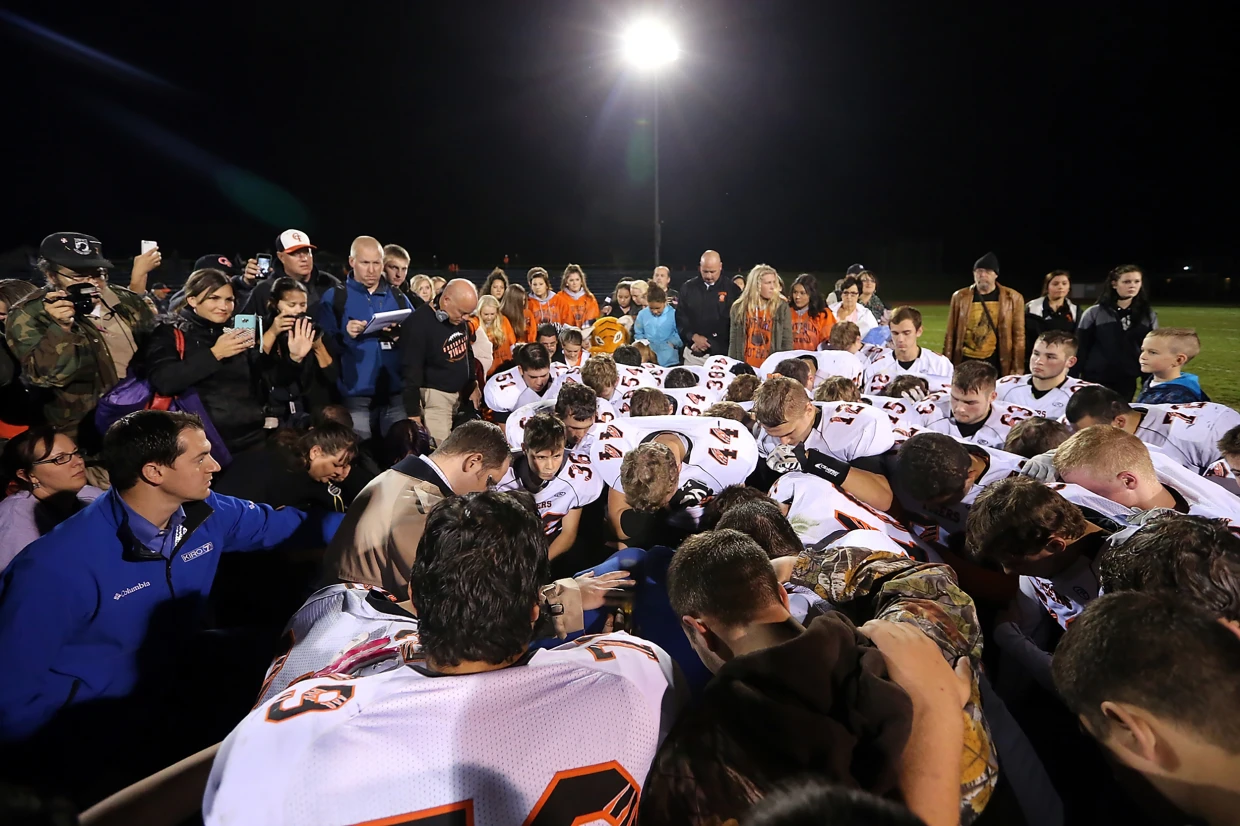Put three rabbis from different streams of Judaism on the same panel. Ask them to talk about keeping Shabbat and Kosher. They have fewer differences of opinion than one might expect.
The rabbinical trio of Lexington, MA spoke last week at Temple Emunah, a Conservative congregation, for the fifth annual Lexington rabbinical panel. The conversation about how to live as a Jew in the modern world was enlightening and for me, occasionally guilt-producing. I attend Friday night services sporadically. I mark holidays in a minimalist fashion.
Many Reform Jews believe that because we are Reform we should just pick and choose which Jewish laws to observe. Not exactly, said Rabbi Carey Brown, the associate rabbi of Temple Isaiah, the Reform congregation to which I belong.
“Reform Judaism relative to the practice of Judaism is about informed choice,” she said. “It is not a cafeteria style of Judaism.”
Reform Jews may choose not to observe something because they find no spiritual meaning in it. “There’s no body that says, ‘This is the ruling, and this is what you have to do.’ It gives us the permission to be innovative, to create new rituals,” she said. Rabbi Brown finds herself in a quandary at times within her own congregation. She observes Kashrut. Isaiah does not allow pork and shellfish on its grounds, but does not adhere to strict observance of Kosher rules. People have asked her, “But why do you eat Kosher? You’re Reform.” To be Reform does not mean you eschew all the practices, she said.
Rabbi David G. Lerner of Emunah describes Jewish law as his guide for what to do when he wakes up, eats, goes to sleep, and so on. “It is a deeply, spiritual, and powerful path,” he said. And it is not an easy one. Last spring, he and his family were determined to attend the b’nai mitzvah of the twin children of Rabbi Howard Jaffe, the senior rabbi at Isaiah. That meant walking three miles each way.
No car. No television. No email. Togetherness with the modern world tucked away as much as possible. That is Shabbat for Rabbi Lerner. “Shabbat demands a certain amount of engagement. It means I play Scrabble with my daughter,” Rabbi Lerner said. And it means that he cannot stick his grandchildren in front of the TV so he can nap.
Later during questions from the audience, a man asked, “If the point of Shabbat is rest, then is taking a six-mile forced march right?”
Yes, the man said “forced march” to what was likely a Jewish-only audience. He jarred many of us. Rabbi Lerner handled what had to be a slip of the tongue with grace. He noted that the phrase was not a great choice, then went on to make beautiful points about his practice of Shabbat. As a child, he walked with his father to a shul 2 ½ miles away from their home.
“Those walks with my Dad were priceless. The walk on May 30th was wonderful. It’s a great choice. Try it. Go for a walk on Shabbat. Experience what it is on Shabbat to set aside your electronics. Don’t use your car,” he said. [As an aside, check out this California blogger’s entry about unplugging for Shabbat.]
Rabbi Alti Bukiet of the Chabad of Lexington, the Orthodox speaker on the panel, noted about Shabbat: “Shabbat is not about rest. The beauty of Shabbat is creation. God ceased to be creative on Shabbat. It’s just being who you are.”
But what of many Reform Jews who do little regarding Shabbat? Shabbat candles are supposed to be lit 18 minutes before sunset each Friday. Rabbi Brown said she does not care if we light candles at 7 p.m. when the lighting should have been at 5. “If that’s the time your family can be together, yes please make Shabbat. For a large majority of American Jews, yes, please do it at 7 p.m. I want us to have Shabbat rather than not do it at all,” she said.
Shabbat is again approaching, and so is Passover. On Friday night, I hope to light candles and say the blessing over bread with my family. We have a huge package of Matzoh sitting in our kitchen. On Monday night, the first night of Passover, we will spend the holiday at our home – intentionally. We will do something small for ourselves. We have plans to spend second night seder at a friend’s home. After that, I will try to avoid bread during Passover. Does the holiday mean something to me thought I do not observe it to the letter? Yes. Will I someday do more? I do not know. I was born a Jew and am forever learning how to be a Jew.




